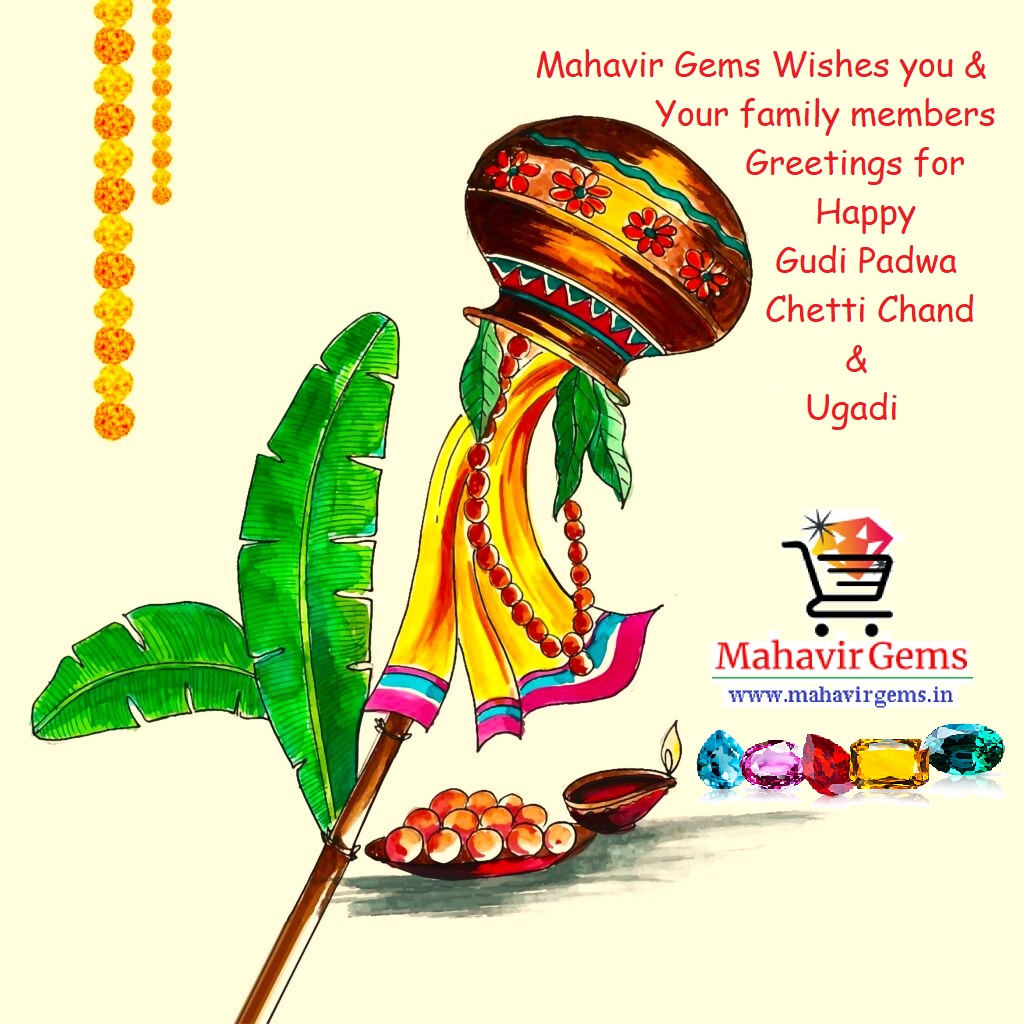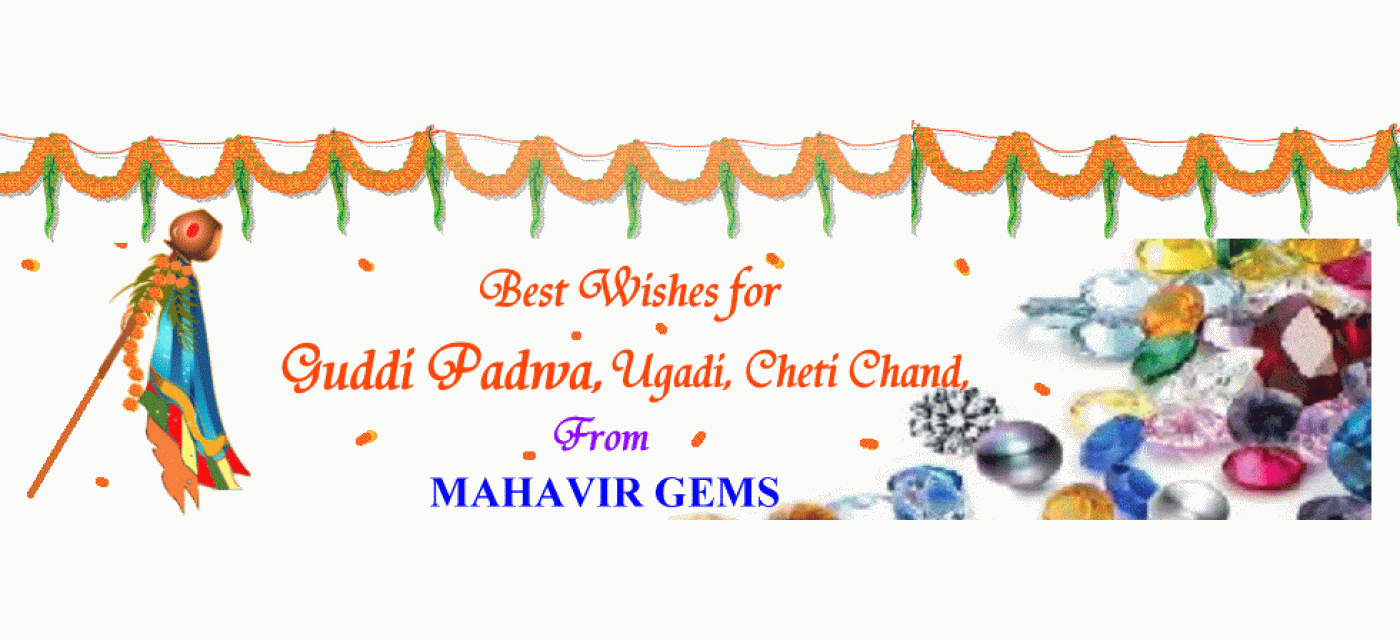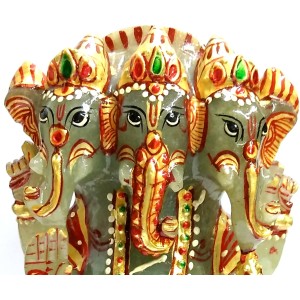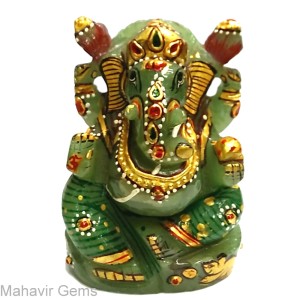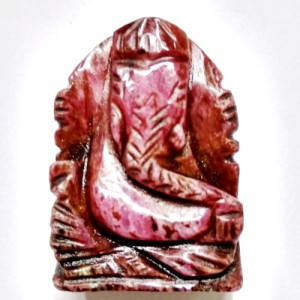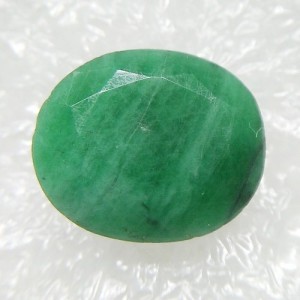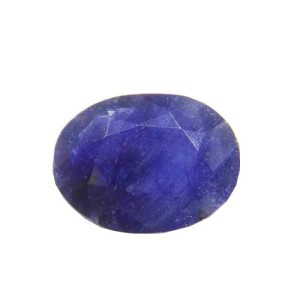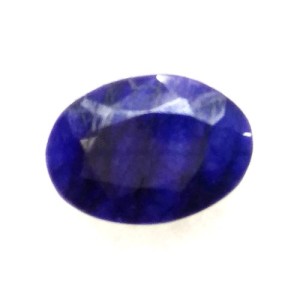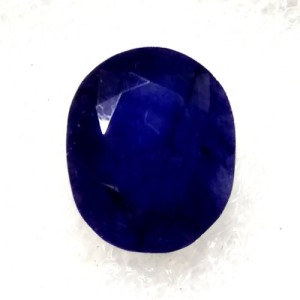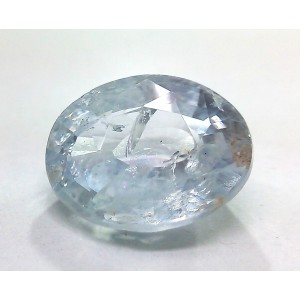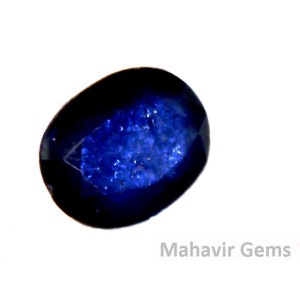Guddi Padva (Marathi, Konkani: गुढी पाडवा, IAST: Guḍahī Pāḍavā) is a festival which falls during spring-time marks the traditional new year for Maharastrian Hindus. It is celebrated in entire India but specifically in Maharashtra on the first day of the month "Chaitra" (a month of Hindu Calander) to mark the beginning of the New year according to the lunisolar Hindu calendar. The word पाडवा (pāḍavā) or पाडवो (pāḍavo) or पड्ड्वा/पाड्ड्वो (pāḍḍvā/pāḍḍvo) comes from the Sanskrit word प्रतिपद (pratipada) or प्रतिपदा (pratipadā) in Sanskrit, which refers to the first day of a lunar fortnight. The festival is celebrated with multi color floor decorations called rangoli, a special Gudhi (Doll like simulated) flag (garlanded with flowers, mango and neem leaves, topped with upturned silver or copper vessel), street processions, dancing and festive foods.
In India, first day of the bright phase of the moon is called Gudi Padwa in marathi, pāḍya (Konkani: पाडयो;Kannada: ಪಾಡ್ಯ; Telugu: పాడ్యమి, paadyami; ). Konkani Hindus variously refer to the day as सौसार पाडवो or सौसार पाडयो (saṁsāra pāḍavo / saṁsāra pāḍye), संसार (saṁsāra) being a corruption of the word संवत्सर (saṁvatsara). Telugu Hindus celebrate the same occasion as Ugadi, while Konkani and Kannada Hindus in Karnataka refer to it as युगादि, ಯುಗಾದಿ (yugādi). The same new year festival is known by other names in different regions of the Indian subcontinent. However, this is not the universal new year for all Hindus. For some, such as those in and near Gujarat, the new year festivities coincide with the five day Diwali festival. For many others, the new year falls on Vaisakhi between April 13 to 15, according to the solar cycle part of the Hindu lunisolar calendar, and this is by far the most popular not only among Hindus of the Indian subcontinent but also among Buddhists and Hindus in many parts of southeast Asia.
The Sindhi community celebrates this day as Cheti Chand as the new year and observed as the emergence day of Lord Jhulelaal. Prayers are offered to Lord Jhulelaal and the festival is celebrated by making delicacies like Tehri (sweet rice) and Saai Bhaaji (Palak made in dal).
Gudi Padwa on Chaitra Pratipada.
First day of Chaitra Month.
Heralds 9 day festival of Chaitra Navratri which will culminate on *Ram Navami.*
We are also celebrating:
*Navreh Mubarak* by Kashmiri Pandits
*Thapna (Staphana)* by Rajasthani and Haryana as starting of New Vikram Samwant Year
*Gudi Padwa* is celebrated in entire Maharashtra for the New Year
*Ugadi* means the beginning of a new age by Andhraites/Telugu from Andra Pradesh & Telangana and Kannadigas from Karnataka
*Cheti Chand* is celebrated by the Sindhis it is birthday of Jhulelal.
The holy events to follow in this are
*Sajibu Nongma Panba* in Manipur
*Baisakhi* in Punjab
*Pana Sankranti* in Orissa
*Bihu* in Assam
*Poila Boishakh* in West Bengali
*Puthandu* in Tamil Nadu and Puducherry
*Vishu* in Kerala

